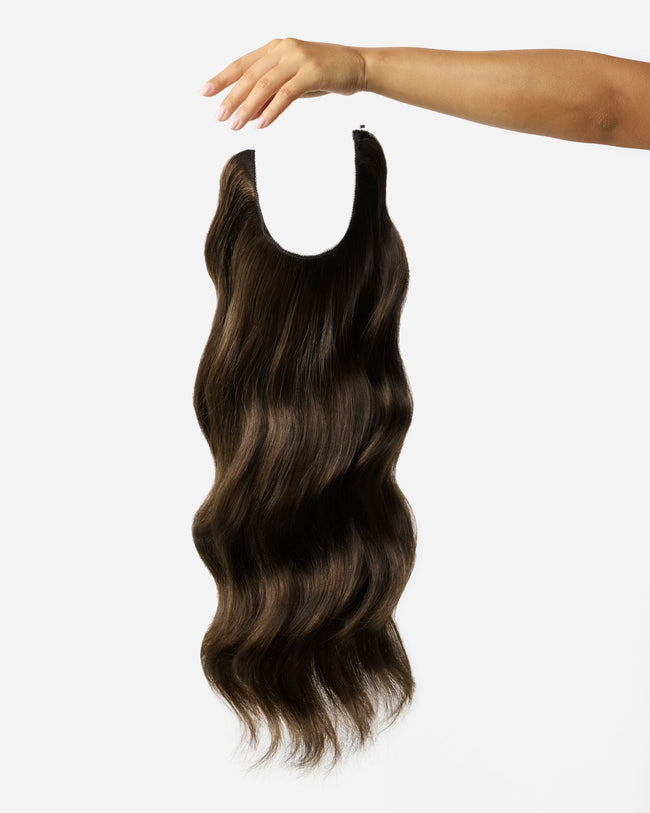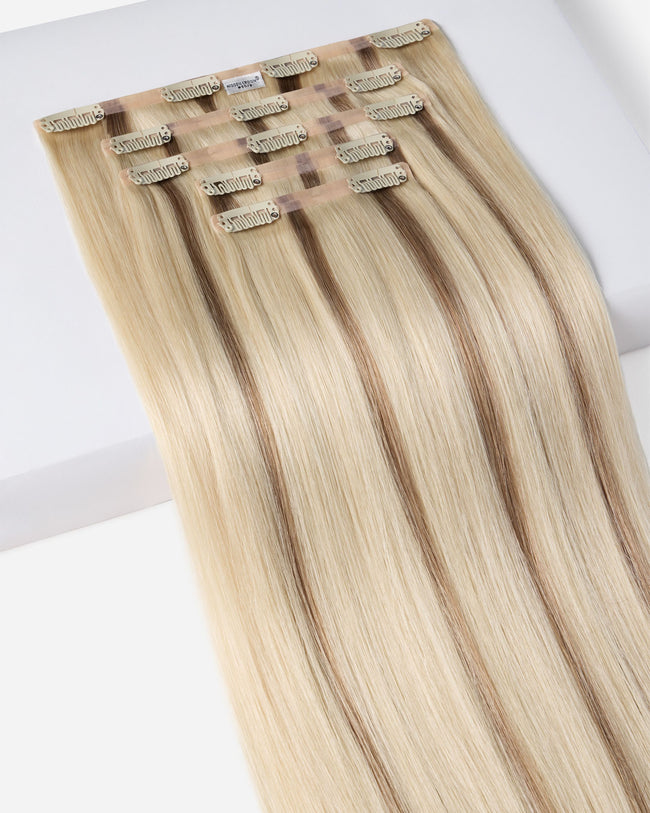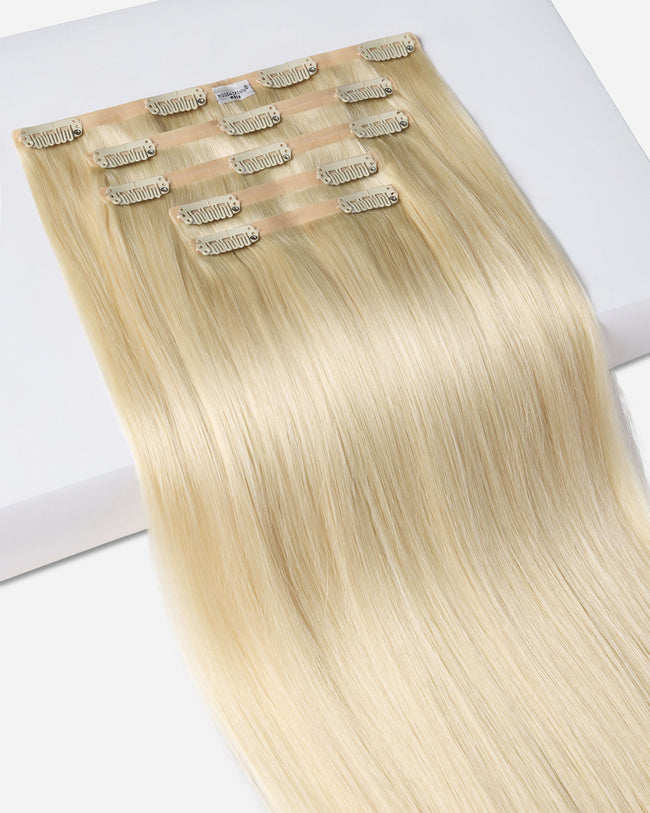
Is There a Link Between Hair Loss & Oral Contraceptives?
Countless women around the world use oral contraceptives, more commonly known as the birth control pill, with little or no side effects. When used correctly, this method of contraception has proven to be more than 99% effective. While there are plenty of beneficial uses for the pill, some ladies have claimed that their pills have caused traumatic hair loss! What could be causing this, and how can we prevent it?

Birth control pills suppress ovulation by using estrogen and progestin (and sometimes progestin alone) and due to this, women who are predisposed to hormone-related hair loss are more at risk of suffering from this icky side effect – it can happen while on the pill, or more commonly, weeks and months after stopping.
The American Hair Loss Association(AHLA) recognizes the benefits of oral contraceptives and encourages women to become educated on what method works best for them, as everyone is unique! But — they can’t discount the fact that hair loss can be a very real and devastating side effect for women who choose to use the pill. How in the world can we prevent this from happening?!
For those with a genetically hormonal predisposition to hair loss, he AHLA recommends the use of low-androgen index birth control pills. Which tablets would fit this description?
Pills with the least androgenic activity include norgestimate (Ortho-Cyclen, Ortho Tri-Cyclen), norethindrone (in Ovcon 35, Minastrin 24 fe ), desogestrel (in Mircette), or ethynodiol diacetate (in Demulen, Zovia).
(Keep scrolling down to see which contraceptives are known to exacerbate hair loss…)

I bet you are wondering which contraceptives to avoid if you have a predisposition for hair loss! Here are some brands known to cause hair loss:
Progestin implants – (ex. Norplant) , are small rods implanted surgically beneath the skin commonly in the upper arm. It constantly releases a flow of progestin to prevent pregnancy.
Hormone injections of progestin, such as Depo-Provera, are intramuscular shots used to prevent pregnancy.
The skin patch (Ortho Evra) is placed on the body and continually releases progestin and estrogen into the body.
The vaginal ring (NuvaRing) is a flexible ring inserted about 2 inches into the vagina and releases a constant flow of progestin and estrogen.
What do you think? Do you see a link between estrogen/progestin and hair loss? Make sure to do your research before deciding on what method of contraceptives work best for you! Until next time, beauty queens!










